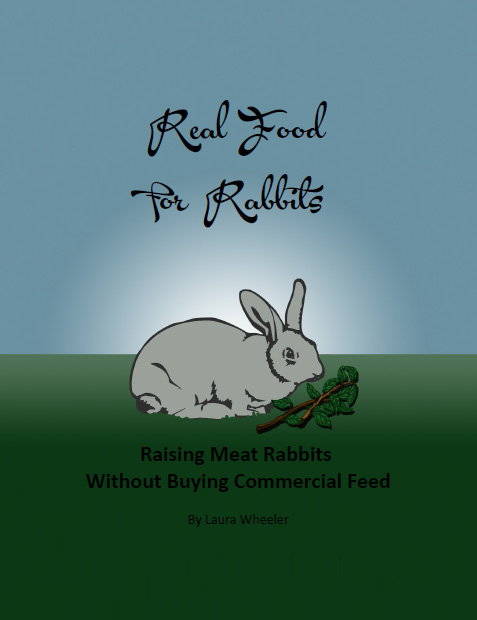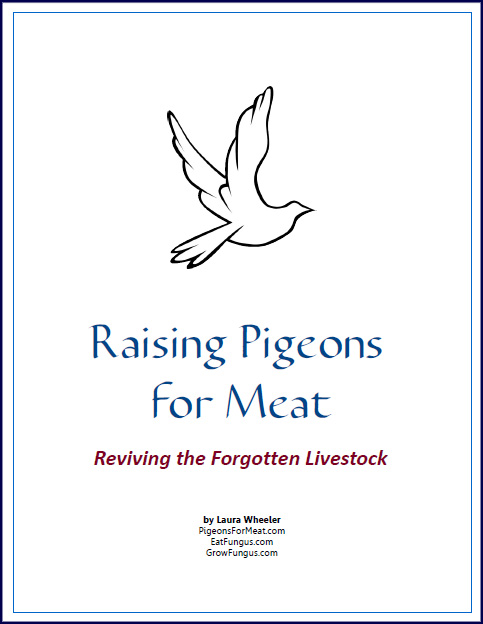Turkeys
Earning from Heritage Livestock
Well, you can't just buy a pair of animals and set up shop and hope to rake in the bucks!
The fact that you are raising Heritage Livestock is not enough to ensure that you can make money from it. You need something more.
For one thing, you have to be able to raise your animals without spending a boodle doing so. Commercial feed can eat you alive. Good pastures are a must if you want to profit well!
You also need to choose your breeds carefully. Some are a dime a dozen - popular enough that you can sell every single animal you can produce, but not necessarily at the best prices. You can probably make a good go of it if you are careful about what you sell.
Usually, there are breeds that are WANTED, but which are less available. Breeding stock is more difficult to locate, and you will pay more for it. But the offspring sells for so much more, that you can make it up more quickly. Mini-breeds are always more in demand, with correspondingly high costs for breeding stock.
The real money is not in selling meat or eggs. The regulatory burden of doing so is high, and you need a massive number of animals to produce enough to make a living selling meat or eggs for the fresh markets.
The real money is in livestock. It is slower money, but you can do it with fewer animals, and if you select your animals well, you can earn much more this way.
Breeding stock is always more costly than a meat or dairy animal.
Hatching eggs always sell for many times the price of fresh eggs - $1-2 each for average animals, $5-30 per egg for more rare animals, and $50 or more per egg for very rare birds. They are far less regulated than eggs for culinary markets also (this is important since regulatory burdens increase your operating costs by a large percentage).
You can also make some on manures, wool, or other byproducts. Not a lot, but some. It is worth doing, but you won't build an empire on it.
Selling locally is always a better bet than selling over a long distance, though some breeds would need to be shipped or collected.
So, the trick is to invest wisely in breeding stock, to look for the items which you can sell for a good profit with low regulation, and for which there is good LOCAL demand first, national demand second. Lower your operating costs where you can without compromising on quality.
Go about it like a business, not based solely on what you think would be most fun, and you'll come up with a plan that will help you preserve heritage breeds, and make a nice profit while you are doing it.
 Click to Download Your Free Heritage Pickling and Culturing e-Book Now!
Click to Download Your Free Heritage Pickling and Culturing e-Book Now!
Instant Download, NO Registration Required!






